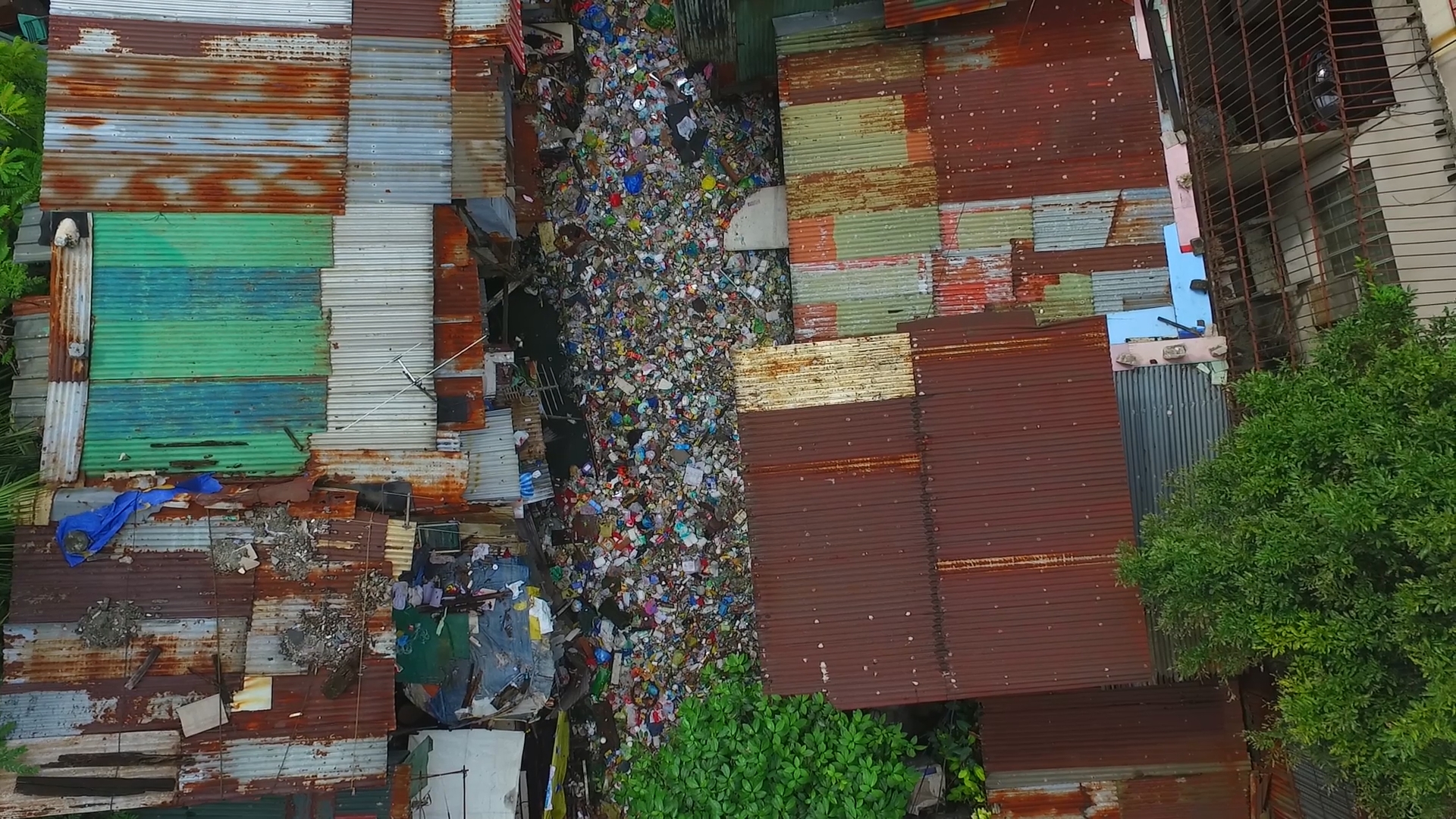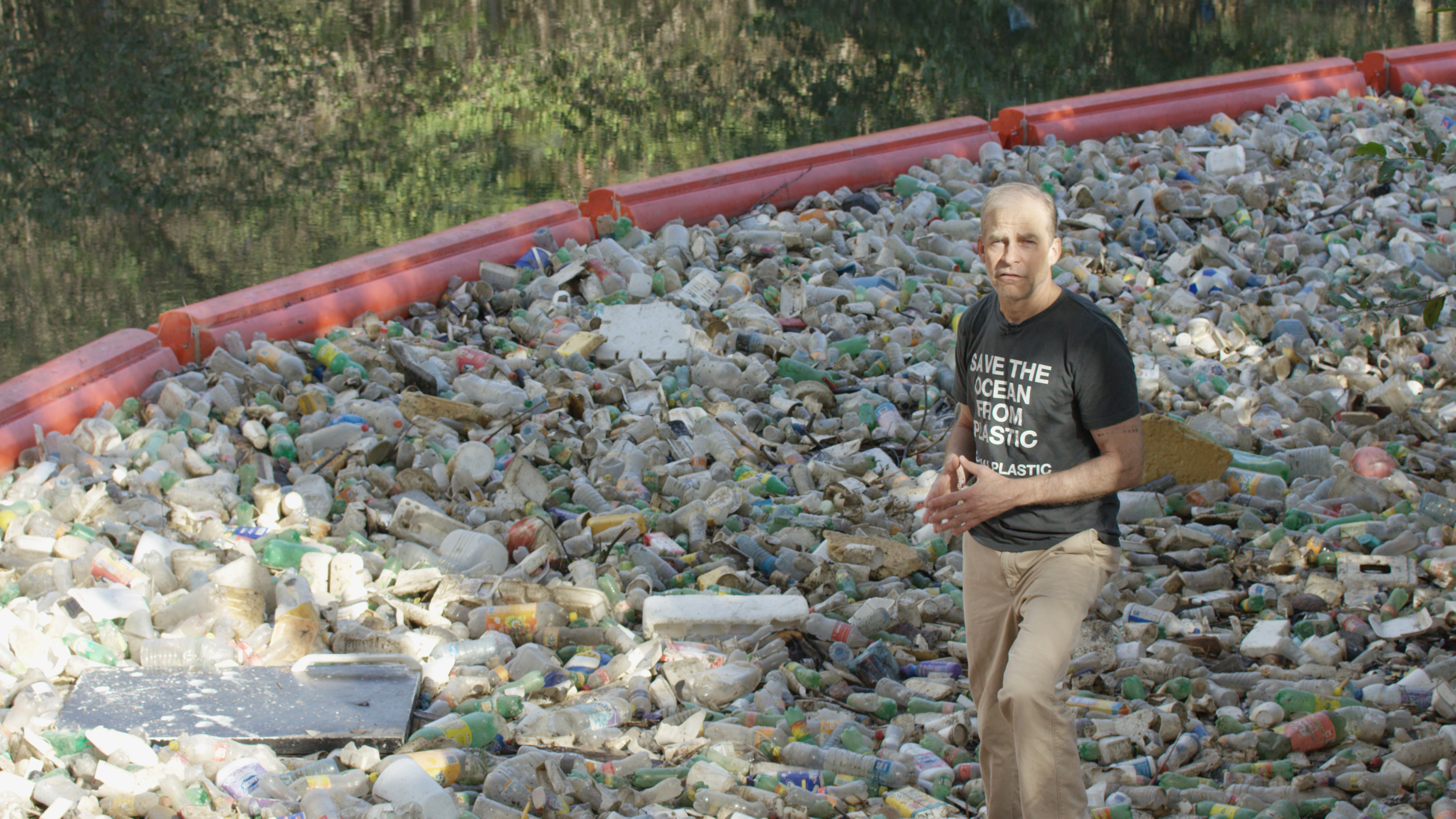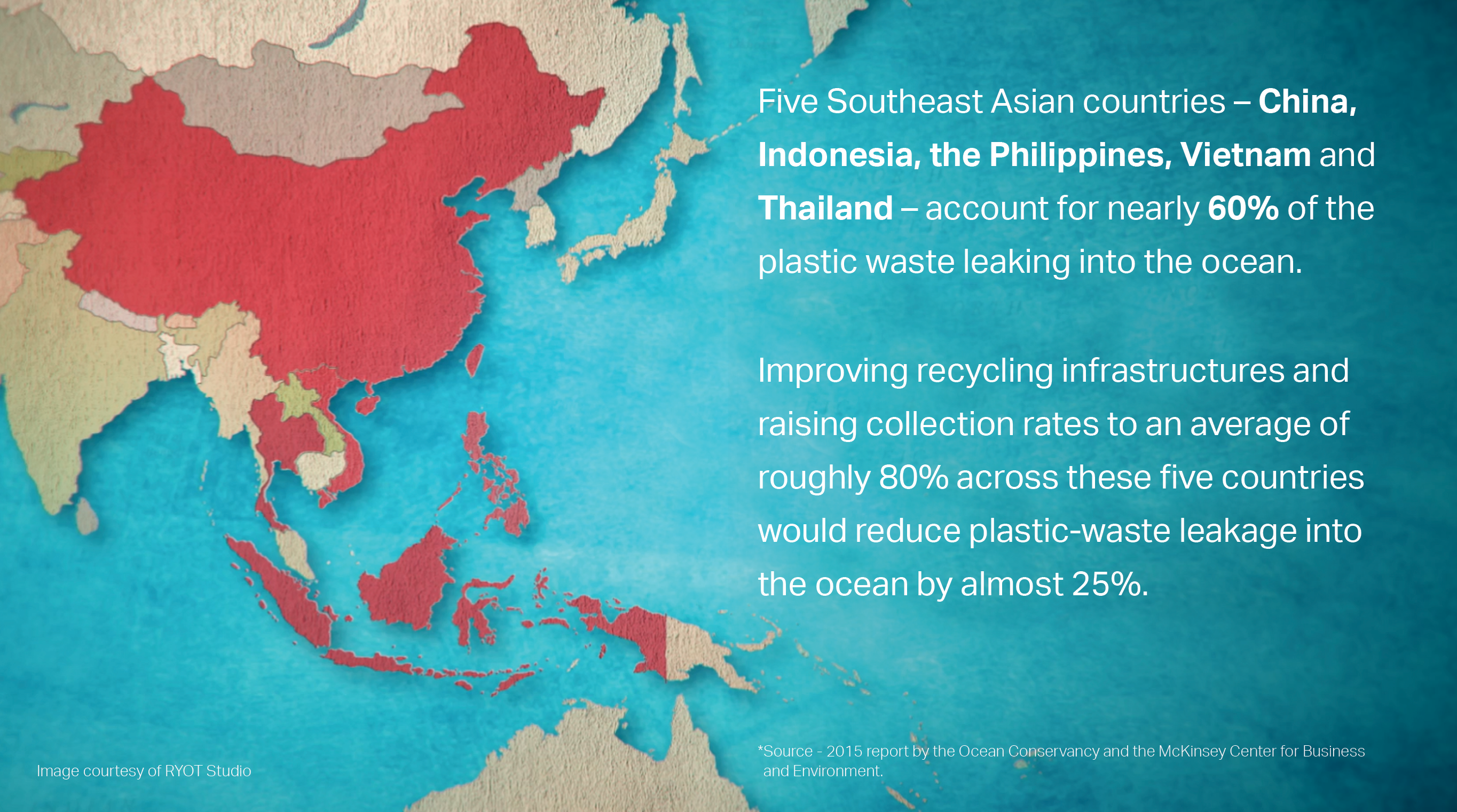
RACINE, Wis., May 10, 2019 – A concerted cleanup effort among governments, citizens, NGOs and businesses over the past few years is helping to improve waterways and oceans around the world. Fisk Johnson, Chairman and CEO of SC Johnson, recently visited the Philippines and Panama to see firsthand the advancements being made to save the oceans from plastic waste.
“The most important thing we can to do to save our oceans from plastic waste is to address the issue at its root cause by improving waste collection systems and capturing plastic before it gets into the ocean,” Johnson said. “This is why we are partnering with organizations like Conservation International and Plastic Bank – to improve waste removal infrastructure and clean up these waterways. These efforts are a start, but there is more work to be done.”

Positive Developments Across Two Continents
Estero de Magdalena is one of the main estuaries in Manila, Philippines. This waterway flows – and dumps debris – into the Pasig River, which flows out into the South China Sea. Rainy season is an especially challenging time for the region, as plastic waste more easily moves from Estero de Magdalena and other inland waterways to larger bodies of water, like the Pasig River, resulting in large amounts of plastic waste accumulation. However, significant progress has been made in recent years thanks to the installation of strainers in the water that prevent waste from continuing to flow downstream.
“The people of Manila have wanted nothing more than clean waters, free of waste and disease,” said Enrique A. Nunez, Jr., Conservation International’s Philippines Country Director. “By prioritizing education and outreach about the benefits of recycling, we have made a real difference in improving our environment.”
In Panama, the Matías Hernández River has served as an informal dumping ground, accumulating trash from residents that eventually ends up in Panama Bay. The Marea Verde Association, a local NGO, has placed a barrier there to collect this waste, a critical first step in preventing plastic from reaching Panama Bay, and eventually the ocean.
“I hope others will join us in this cause to help ensure the health of our oceans for future generations,” Johnson said. “Hopefully the efforts to clean up these areas will continue and make even more progress. These are significant steps being made in the right direction."

Commitment to Reducing Waste
The Philippines, along with China, Indonesia, Vietnam and Thailand, accounts for nearly 60% of the plastic waste leaking into the ocean, according to a 2015 report by the Ocean Conservancy and the McKinsey Center for Business and Environment. By raising collection rates to an average of roughly 80% across those five countries, plastic-waste leakage into the ocean would be reduced by almost 25%.
To help address this, SC Johnson has partnered with Plastic Bank to open nine collection centers in Indonesia with plans for expansion. Through this partnership, the company has created recycling programs as part of the solution to minimizing plastic waste and addressing poverty. The partnership is transforming lives by providing social and economic benefits in exchange for recycling used or collected plastic waste. It is designed to educate on recycling and get people to live with and use plastic responsibly.
For more information on SC Johnson’s commitment to addressing plastic pollution, visit www.scjohnson.com/plastic